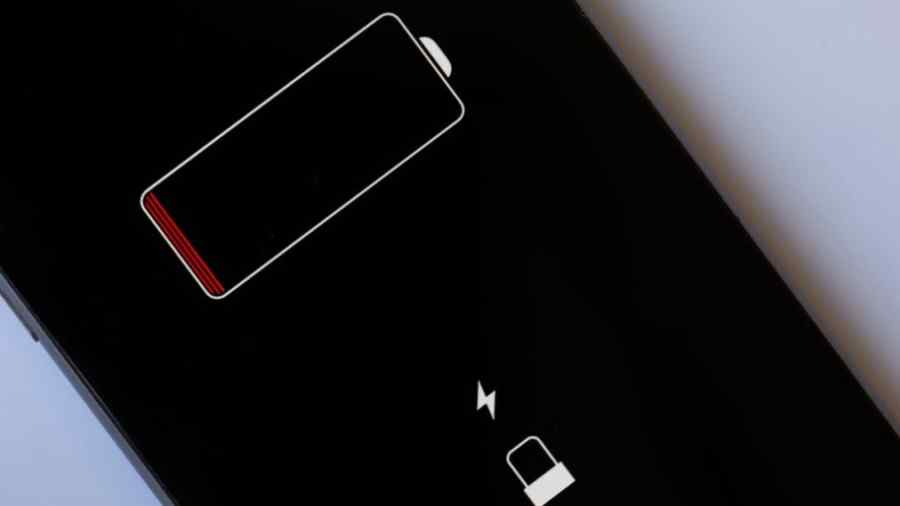Smartphones have undergone significant transformations over the past few years, encompassing camera enhancements, sleek designs, better batteries, and improved performance. Here you will find some effective tips to extend your smartphone’s battery life.
With larger displays, complex sensor systems, and lightning-fast processors, modern smartphones voraciously consume power. Although fast charging and intelligent power-saving modes have become the norm, the battery dilemma still looms.
Tips to Extend Your Smartphone’s Battery Life
Here are 9 tips to improve the battery life of your smartphone. You may know about some, but some will definitely be new.
1. Turn off Vibration
There are users who like vibration and tactile impact on a smartphone, for example, when typing on a smartphone, but there are also those who do not like it.
No matter what camp you belong to, it is important to understand that the Vibro motor consumes energy, and this will not affect the autonomy globally, but there are many such trifles, and in the end, they impair the autonomy.
2. Disable “OK, Google” Persistent Listening
It is important to understand that in order to respond to the command “OK, Google”, your smartphone constantly listens to what is happening around you, and this involves certain background processes, and these processes negatively affect autonomy.
3. Turn off “Always On Display”
Different manufacturers call this mode differently, but everyone understands that it is a constant display of status information on the OLED display.
One of the advantages of the OLED display is also that when the black color is displayed, this display does not consume any energy. To do this, you need to install black wallpaper on your desktop and lock screen, as well as enable dark mode in all applications that support it.
4. Restrict Applications From Accessing Location
No matter what operating system you have, there are many applications that track your location. In general, a smart solution would be to turn off geolocation while you’re not using Google Maps, Uber, and other apps that need geolocation.
If you do not want to do it all the time, just make a list of applications that need to use geolocation, and for others just restrict access.
5. Always install updates
Manually updating applications is a rather tedious task, but it allows you to improve the overall speed of the system and battery life.
This is because application developers improve battery life and system resource consumption with updates. That’s why you should always make sure you have the latest version of the applications you’re using.
6. Utilize Airplane/Flight Mode When Possible
Flight mode or Airplane mode is a mode in which your smartphone does not use different wireless standards, so your smartphone consumes much less power. Of course, this is not a solution for every day, but in the event that you need to save battery power, you should use it.
This is especially important and convenient if you are in a place with poor communication, because the antennas of the smartphone are constantly trying to receive a signal and, as a result, consume much more energy.
This is especially important when traveling because your smartphone will constantly catch the signal, but there is no Internet, so the communication modules consume energy in vain.
7. Discard Widgets
Many Android applications support widgets that output information from relevant services. Of course, some of them are quite convenient, but in general, it is not very convenient and necessary.
The problem here is that the battery is constantly being used when updating information for widgets that are installed on your desktop. The best solution is to remove infrequently used widgets. You only need to keep the ones you use every day and you can’t do without them.
8. Turn off Automatic Synchronization
Apps like Gmail, Twitter, Calendar, etc. constantly update information to reflect the latest data for you. This is necessary if you need the latest information, but it negatively affects battery life.
To disable automatic synchronization, you need to find the item “Google Account” in the settings, and already there to disable synchronization for unnecessary applications.
9. Track the use of GPS, Bluetooth, Wi-Fi, and NFC
You should monitor all wireless standards if you do not use them because they are constantly in “search” mode, which is why they consume battery power. Turn off Wi-Fi when using 4G LTE / 5G, and vice versa.
NFC and GPS should be turned off altogether if you are not using them. Bluetooth should also be turned off if your smartphone does not have a smartwatch, headphones, or fitness tracker.
Also Read: Tips to Speed up an Old PC
Follow Top and Trending on Google News and receive the latest alerts and the main news about apps, technology, beauty, entertainment, and all the top 10 related posts.



